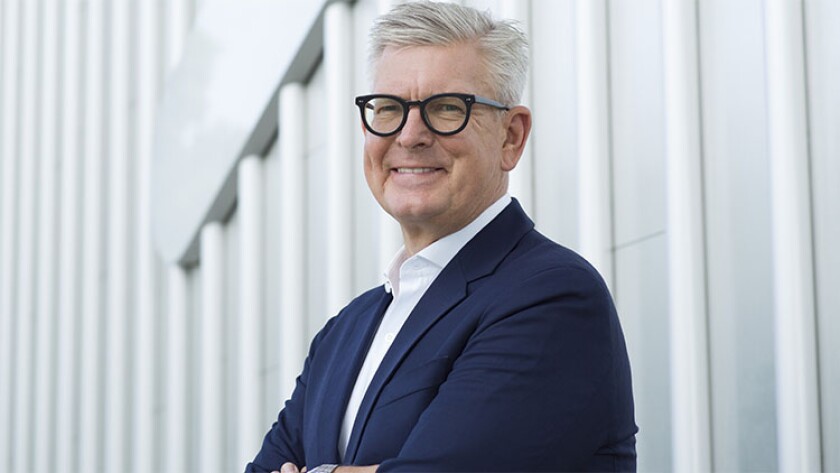Group CEO Börje Ekholm said in his comments that Ericsson navigated a difficult mobile networks market in 2023.
“While not reaching the peak levels of 2022, we do anticipate the mobile network market to recover from today’s low levels based on the rapid growth of data traffic,” he said.
“However, we cannot predict the timing as the cadence of investments are in the hands of our customers.”
While unable to predict a recovery, Ericsson will focus on factors within their control, such as increased investment in technology leadership and keeping its costs down to remain profitable.
A sharp decline in demand in North America was coupled with a shift in business mix as Indian demand saw rapid growth.
When all was said and done net sales dropped -3% for the year, and when adjusted for comparable units and currency fell by 10% against 2022.
“Despite these challenges, we concluded 2023 with EBITA of SEK 21.4 billion and gross margins of nearly 40% – a testament to our increased resilience,” Ekholm said.
The challenging market dynamics in mobile networks was attributed by Ekholm to many operators struggling to earn cost of capital as they fail to find new revenue streams required for further investment.
In light of this, Ericson’s strategy is focused on transforming the network into an innovation platform, and changing the way networks are consumed and monetised.
Ericsson see a future whereby cloud-native architecture can deliver high-performance, programmable and differentiated networks.
“Our vision for the industry is based on open and programmable networks with capabilities that are exposed through network APIs and leveraged by an ecosystem of developers – driving rapid innovation and growth,” Ekholm said.
To achieve this, Ericsson are investing in more efficient RAN equipment, and AI solutions that can deliver automated networks.
Its focus on delivering programable and open networks to customers was reflected in the breakdown of its sales, with software and services both rising compared to 2022, while hardware sales dipped.
Ericsson have deployed 1 million radios in the field that are enabled for an open standard, and in late 2023 signed the largest deal in its history with AT&T, to modernise and transform its network to a programable and open network.
“These types of networks provide our customers with a path to monetise the network in new ways through network APIs, network slicing and advanced charging platforms,” Ekholm said.






